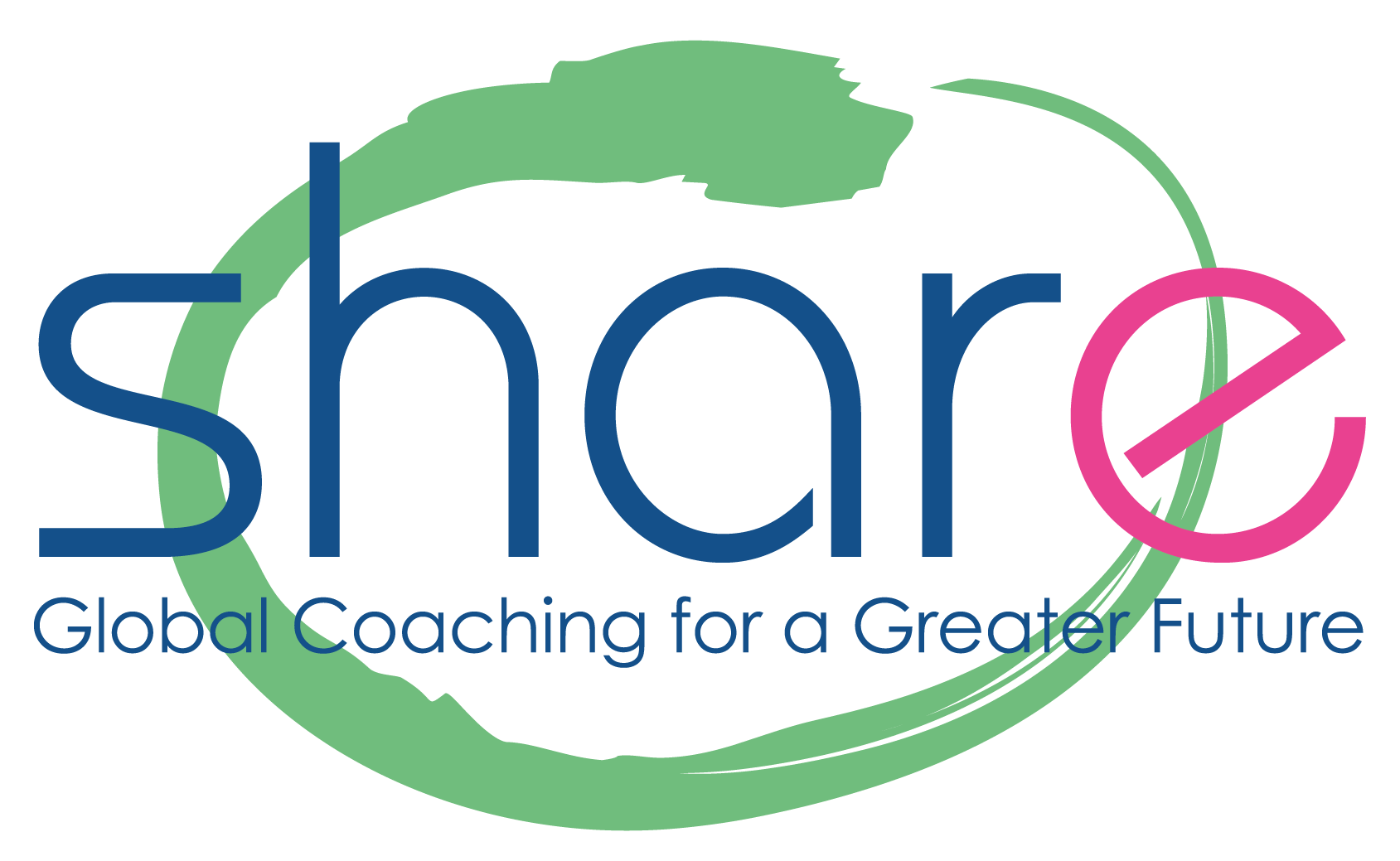|
An article in the January/February 2015¹ issue of the Harvard Business Review is devoted to authenticity. According to this article, even though the concept of authenticity has become a fashionable creed, it should be used wisely within the corporate world, all the more so if it concerns positions of responsibility. A manager cannot say everything to his employees, superiors or colleagues lest he loose legitimacy and trust, or be censured for breaching the company’s confidentiality clause. Every top manager could testify to the fact that, in order to climb the ladder of responsibility, one has to keep to oneself certain doubts and some information². This article broaches a subject that I have often discussed with clients I have coached, i.e. the different facets of authenticity. The first facet: authenticity in businessThis aspect of authenticity is discussed in the Harvard Business Review article. Authenticity in business is by definition a partial authenticity since accepting a position of responsibility means that the manager cannot bare his self fully, that he must withhold confidential information and, furthermore, that he must spread the “company’s credo”, even though he may not completely believe in, or adhere to, such a “credo”. Does this mean that the manager is “forced” to act this way? Obviously, choices are always possible. One can work for a company whose values he shares or start his own company based on his principles. Authenticity in business, which is inherent in the acceptance of a position of responsibility, entails asking ourselves whether we accept the company’s values and practices. • Questions to think: with whom can I be very authentic at work? And with whom it’s better to have moderate authenticity? What are the advantages and disadvantages of each attitude for me/the team/the company? The second facet: authenticity vis-à-vis ourselvesAuthenticity vis-à-vis ourselves means remaining true to ourselves and to those qualities that we consider important. A healthy critical mind is essential to challenge ourselves, to evolve, in other words, to fend off the premature aging of the mind and to avoid being stuck in a role. Authenticity vis-à-vis ourselves can sometimes be unpleasant because it forces us to see our weaknesses and our frailties. “Seeing” our authentic self, however, facilitates self-improvement. • Questions to think: what is my level of authenticity toward myself – score it from 1 (min) to 10 (max). Am I satisfied with this score/do I feel well with it? If not, which score would I like to have? What could I do from now to change this score? The third facet: authenticity vis-à-vis our loved onesResearch in psychology ³ has revealed that positive social relationships are closely related to well-being. The authenticity of positive interpersonal relationships enables us to be happy and live longer. In an authentic relationship we can show ourselves as we are, with our strengths and our frailties, without fear of being unloved. It isn’t easy, of course. Revealing our sincerity, without hypocrisy or pretense, being able to say “I don’t know”, “I am lost”, “I am sorry”, “I am afraid”, requires full trust in others. And yet, it is truly this deep and authentic sharing with others that creates lasting social bonds and enriches our life. • Questions to think: who are the individuals with whom I would like to show full authenticity? What is my level of authenticity toward them – score it from 1 (min) to 10 (max). Am I satisfied with this score/do I feel well with it? If not, which score would I like to have? What could I do from now to change this score toward these persons? ConclusionAuthenticity is a flexible concept that should be qualified in the corporate world. |
|
References 1. Harvard Business Review – January-February 2015 2. The article is interesting for other subjects that I don’t mention here: I invite you to read it 3. Bonnanno et al. Facial expressions of emotion and the course of conjugal bereavment. |



